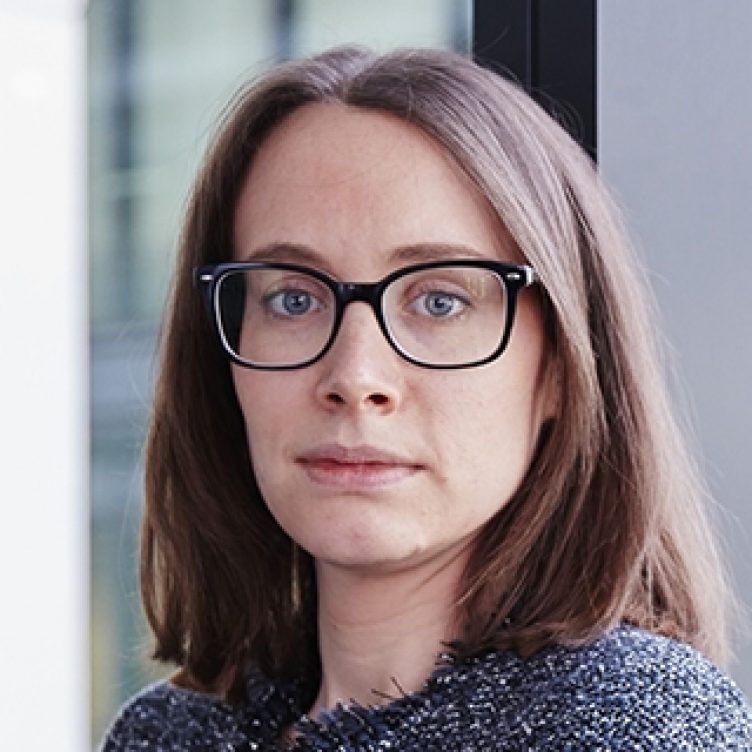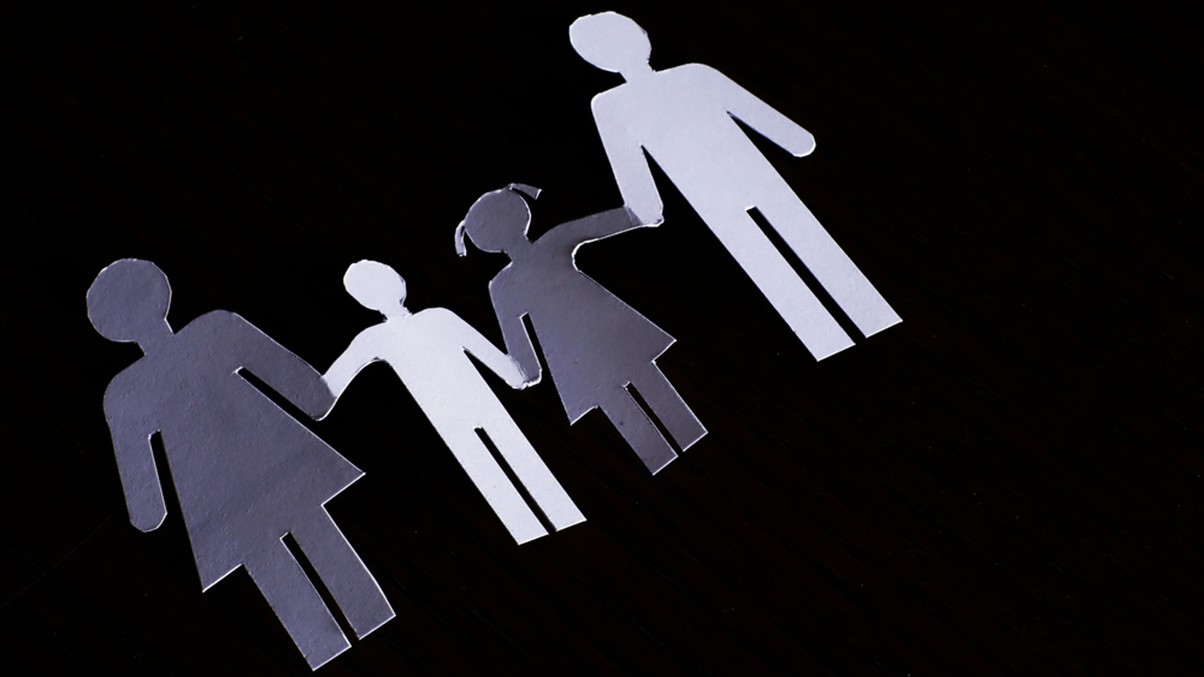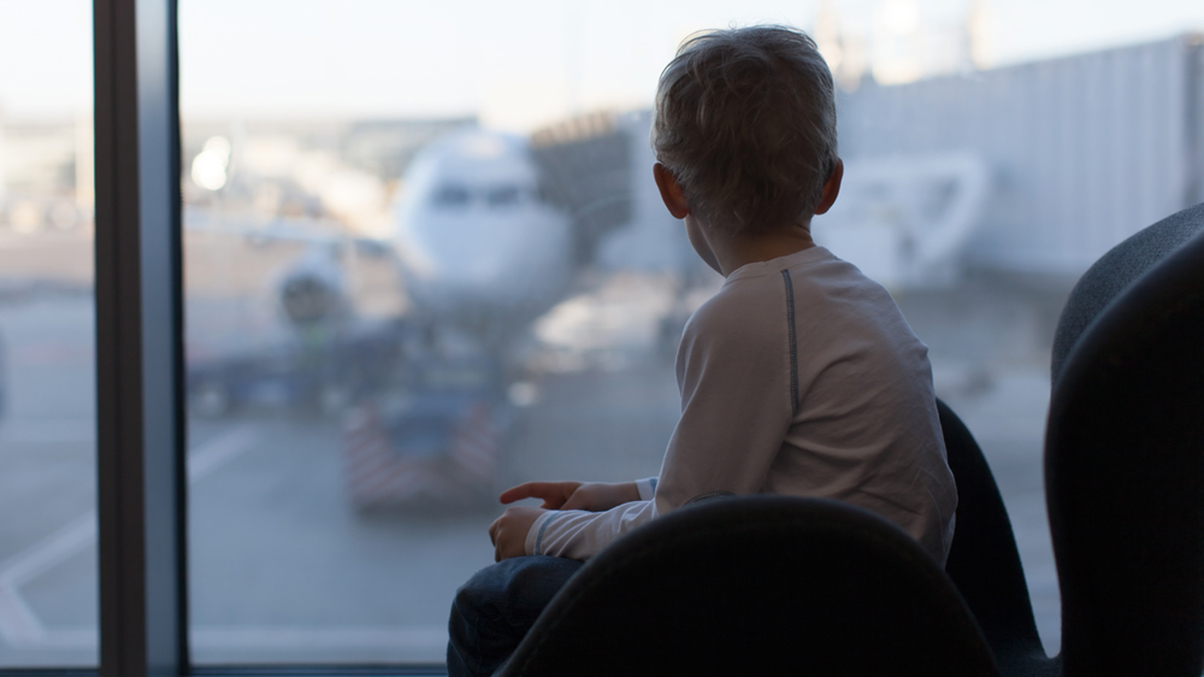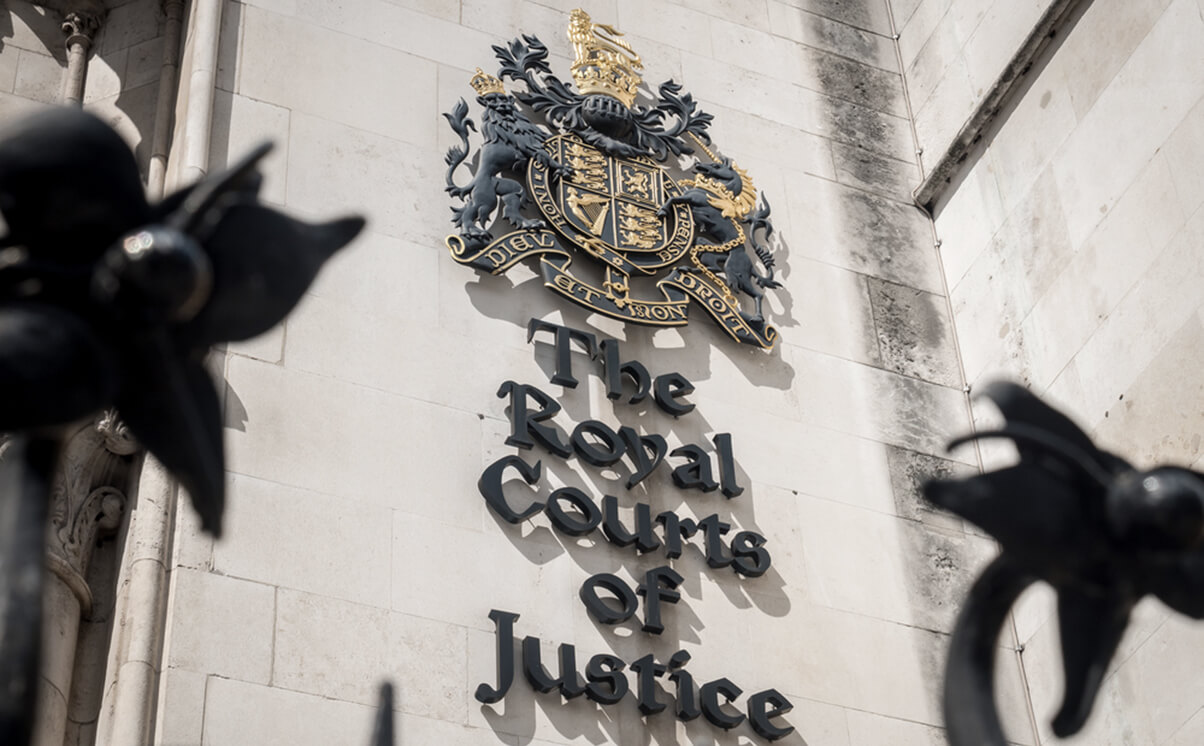Bill Hewlett specialises in post-separation family repair and is a child consultant. Bill has developed a unique and innovative way of working with families who are experiencing the stress of separation.
Rosie Stewart speaks to Bill about the impact on children of parental separation and divorce, the child’s perspective and how parents should work together to form a parental alliance to shield their children from the pain of separation.
What advice and tips would you give parents about informing children of their separation?
This is a question parents often ask me. It is worth remembering that 90% of the message the parents communicate to their children is through their body language rather than their words. The atmosphere and vibe the parents create are of primary importance to the children. For example, if there’s a noticeable disparity between how the parents seem to the children, where perhaps one parent is clearly distraught and the other seems fine, the children will feel uneasy and a strong need to take control and remedy the situation. They might feel the need to look after one parent because if children feel that one or more parents have lost the capacity to parent, they will feel a need to get the parent or parents back on track so they can feel looked after again.
The message of positivity and even excitement about what is on the horizon should be communicated by the parents in a way that feels genuine. Separating parents are often in a rush and feel under pressure to tell their children about the separation. However, in my view, parents should not do so until the relationship between the two of them is in a state such that they can sit and speak with their children in a calm, mutual and united manner. Parents should bear in mind that their children will already know about the nature of their parents’ relationship, so a rush to tell them can be unnecessary.
Separating parents should focus on the family’s future and communicate to their children that the change in the family structure will enable them to do a better job of parenting the children. For example, parents can explain to their children that they are restructuring the family into a new form. The new structure will be a better version for everyone as it will allow both parents to be more present for the children. The nature of how the parents feel within themselves and towards each other while communicating with their children (verbally and non-verbally) about their separation will, to a great extent, inform the children how they should feel about it. The tenor of the discussion should be one of optimism and positivity.
It is also important that each parent explains to the children that they will do all they can to make the other parent’s life as pleasant and easy as possible to help them be a great parent. Parents would be wise to reassure their children that they will take some responsibility for the other parent’s wellbeing. They should explain that they will do all they can to make sure the other parent is in a good place so that when the children spend time with that parent, they are focused, attentive and content.
For parents to properly look after their children during and after a separation, they must also look after each other. Children are not interested in the small details of separation in the way the parents often are. Children’s primary concerns are not about how big their new homes will be or the proximity of their homes to their schools. What matters most to children and impacts them most is their parents’ state of mind. Knowing their parents are ok will help children feel ok too.
Parents fear the impact of divorce on their children, such as sadness and loss. Are they right to do so? How do you fit this into the above narrative?
Separation and divorce are not in themselves harmful to children. The important thing for children is how compassionately and supportively the separation and divorce are handled by the parents, as the quality of a child’s life is fundamentally dependent on their parents’ state of mind.
Children will inevitably experience feelings of sadness and loss. While this is happening, it’s very important that they feel seen by their parents and that their parents respond to them appropriately.
Nothing is better for a child than to feel understood by their parents. If a parent can describe their understanding of how that child is feeling in a tentative and curious way, the child will appreciate the parent’s sense of interest in them. For example, a child would appreciate a parent saying to them: “I imagine your first fear of the divorce may be that you may not matter to us or that someone else may replace you, that would be awful.”
It does not solve the problem, but it lets the child know that the parent understands how they may be feeling about it. The child’s logic is: “I will be ok as long as the person looking after me understands me.” It is about being in tune with the child. If the parents are in a good place, they will be capable of being in tune with their children and able to respond to the child’s emotional experience.
Parents should start with a promise to the children that the separated family will be fully functional. It is preferable for parents to initially speak to the children about the separation together as a sibling group at a time when they will be able to answer the children’s questions in a calm and familiar setting (ideally at home). If parents speak to the children individually, it may inadvertently communicate to the children that the family is now split.
Is honesty always the best policy?
Parents must be completely honest about communicating their version of the truth to their children. Sharing their truth may involve inadvertently placing the blame on one parent, which will come at an emotional cost to the children.
In response to children’s questions about why their parents are separating, I advise parents to adopt a systematic or non-egocentric answer by explaining that the system (ie the relationship) that the parents used to get on with each other has failed. It gives a sense of future hope to suggest that their old relationship is no longer able to provide them both with the ability to be happy and that they will be much better at parenting the children as separated co-parents rather than living together.
Parents should frame what led to their separation as a breakdown in the relationship rather than due to personal failure. A systematic answer to children’s questions is non-blaming, progressive and helpful. It avoids placing a child in the difficult and damaging position of feeling that one parent is to blame, so they must side with the other parent.
It is important for parents to be on board that the best way to look after the children is to look after each other. Parents need to form an alliance with one another after their separation, as this will reassure the children.
Have you helped families by facilitating meetings where parents have informed children of their divorce? In what circumstance would you recommend such a meeting?
My approach is not to facilitate meetings where parents inform children of their separation. Instead, I like to use a model called child inclusive practice, whereby I meet with children to understand from them how they feel about themselves in light of their parents’ separation. I then meet with the parents to discuss and help them understand their children’s experience. I find this works very well as a means by which the children can feel heard, and the parents can understand how their children are feeling. This way, they can respond in a way that meets each child’s own particular needs.
What type of support do children benefit from when parents separate?
In most cases, I do not consider children need much, if any, support outside of the family. Parents often feel they should find therapeutic or other professional support for their children. But in most cases, all the children need is to feel that they are part of a family that, notwithstanding the parental separation, is unified with parents who are supportive and appreciative of one other.
Children need parents who are in a good place and who, being undiminished by conflict, can listen to them. A positive post-separation parenting alliance is what children want, and if the separation has been preceded by conflict, this parenting alliance will be most welcome.
A child’s whole sense of ‘who am I?’ and ‘how should others find me?’ will improve as soon as the parents have regained their capacity to parent. A parent needs to understand that the child will feel uncared for if, for example, one parent is tough towards the other. Claiming to love a child unconditionally while simultaneously punishing that child’s other parent will leave a child feeling that the parent’s words are not compatible with their actions.
The Divorce and Family Law Podcast
Season one of our podcast is now available to listen to in full, and covers topics including finances in a separation, what to expect in court, alternatives to court, common mistakes that can be avoided and co-parenting after a separation.
The podcast series features leading lawyers from our Divorce and Family department and covers a wide range of topics to help individuals, advisors and others understand and navigate the many issues that can arise between a couple on separation.
Season two of the podcast is currently in production. Following the success of season one, which has attracted an active listener base and earned spots on ‘top podcast’ lists, our team will move on to discuss pre- and post-nuptial agreements, the law regarding unmarried couples, and an introductory look at the law surrounding international child abduction.
You can find further information regarding our expertise, experience and team on our Divorce and Family pages.
If you require assistance from our team, please contact us.
Subscribe – In order to receive our news straight to your inbox, subscribe here. Our newsletters are sent no more than once a month.






